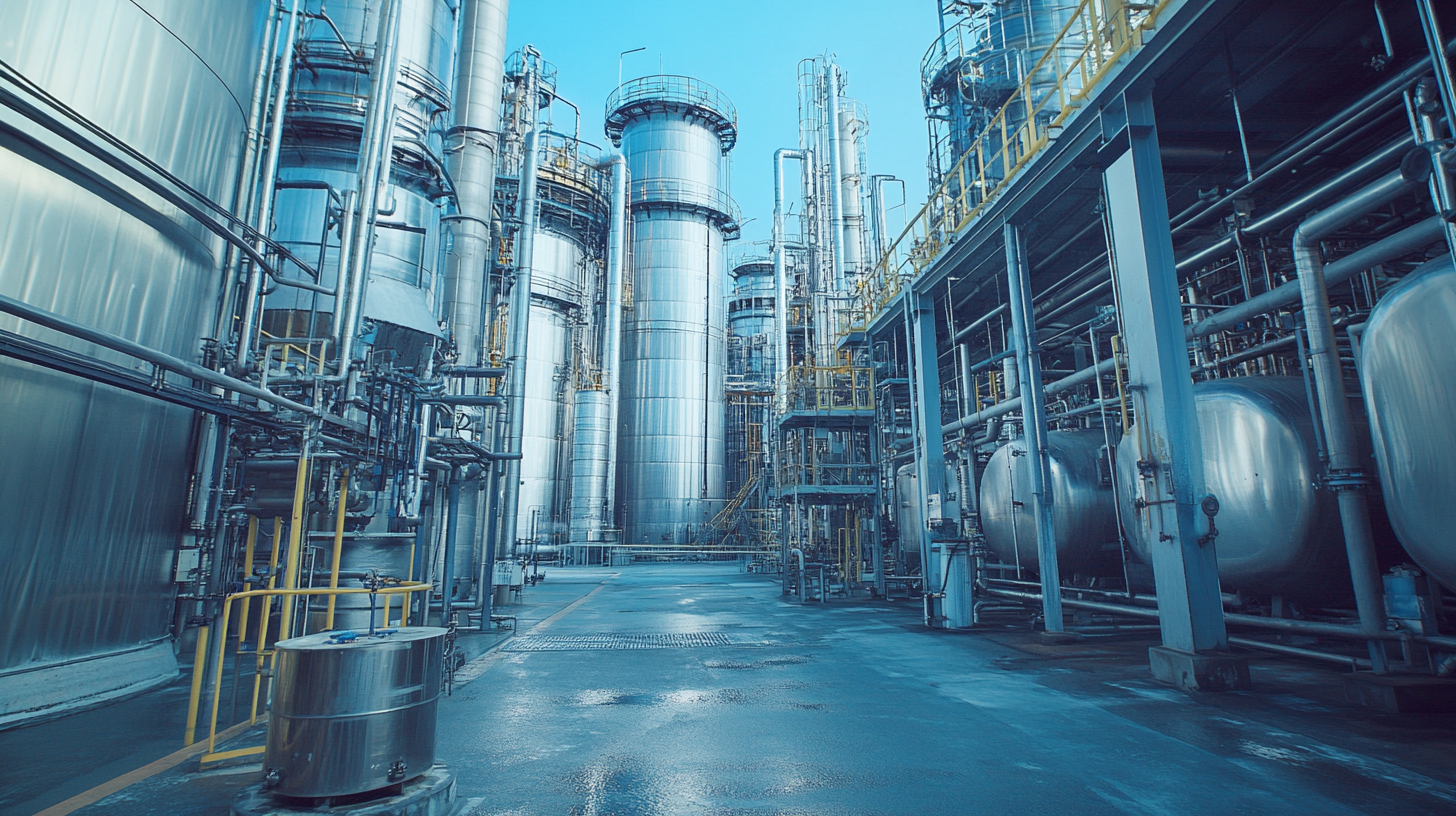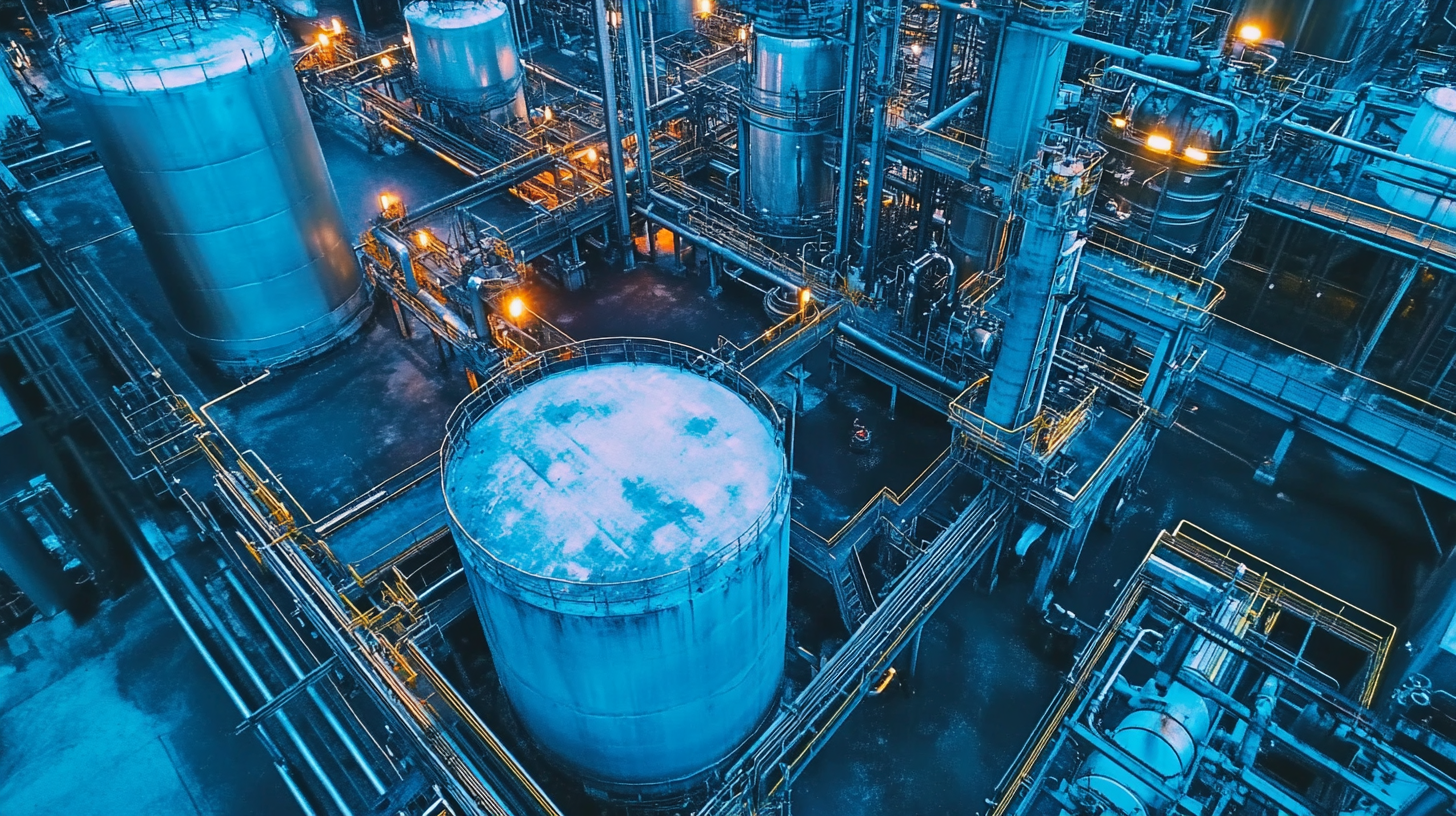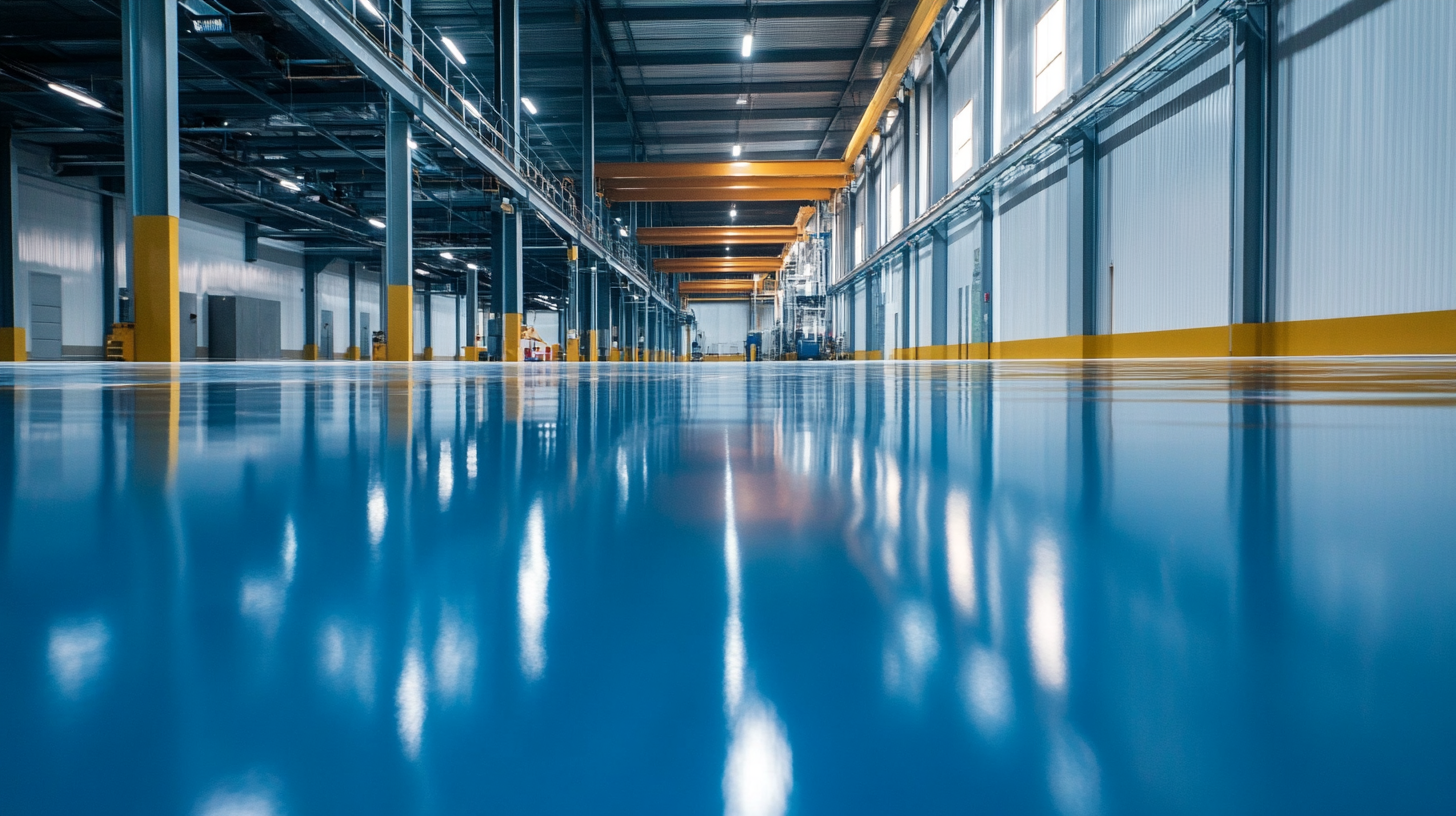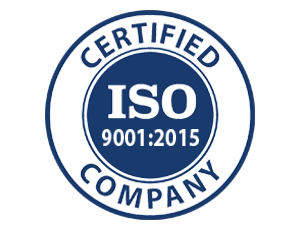Liquid Molding Monthly
Emerging Trends in Industrial Epoxy Resin Technology for 2025 and Essential Procurement Checklist
As we approach 2025, the landscape of Industrial Epoxy Resin technology is rapidly evolving, driven by advances in materials science, sustainability initiatives, and shifting market demands. This blog will explore emerging trends that are set to redefine the epoxy resin industry, specifically focusing on alternative types that promise enhanced performance and reduced environmental impact. With increasing pressure on manufacturers to adopt eco-friendly practices, the exploration of alternative formulations and applications is becoming paramount. Additionally, we will provide an essential procurement checklist for businesses seeking to stay ahead in this competitive market. By understanding these trends and preparing strategically, companies can leverage the innovations in Industrial Epoxy Resin technology to enhance their product offerings and meet the growing expectations of consumers and regulatory bodies alike.

Innovative Advancements in Industrial Epoxy Resins for 2025
As we approach 2025, the industrial epoxy resin sector is poised for transformative growth driven by innovative advancements. According to a recent report by Market Research Future, the industrial epoxy resin market is projected to reach USD 10 billion by 2025, growing at a CAGR of 7.3% from 2019 to 2025. This surge can be attributed to the increasing demand for lightweight and durable materials across various industries, including automotive, construction, and electronics.
Notably, the emergence of bio-based epoxy resins is reshaping the landscape. These sustainable alternatives not only reduce reliance on petroleum-based products but also meet stringent environmental regulations. A study by Allied Market Research indicates that the bio-based epoxy resin segment is expected to grow at a remarkable rate of 9.5% during the same forecast period. Additionally, advancements in curing agents and formulations are enhancing the performance of epoxy resins, making them more versatile for high-temperature applications, thus widening their potential market applications significantly.
Key Characteristics of Next-Generation Epoxy Resin Products
The next generation of epoxy resin products is poised to revolutionize various industries with their advanced characteristics that cater to modern requirements. These epoxies are increasingly recognized for their superior adhesion, chemical resistance, and versatility, making them ideal for applications ranging from aerospace to automotive. Notably, these resins exhibit enhanced thermal stability, allowing them to perform effectively in high-temperature environments. This makes them well-suited for demanding applications where traditional materials may fail.
Incorporating sustainable practices into epoxy resin production is another emerging trend. Manufacturers are focusing on bio-based resins and recycling methods that not only reduce environmental impact but also provide high-performance alternatives. As industries seek greener options, epoxy resins that align with sustainability goals will likely gain significant traction.
**Tip:** When selecting epoxy resins for your projects, prioritize products with certifications for quality and sustainability.
**Tip:** Consider the specific demands of your application, such as exposure to extreme temperatures or chemicals, when evaluating resin characteristics.
Embracing these trends ensures that you remain competitive and prepared for the challenges of the future.
Emerging Trends in Industrial Epoxy Resin Technology for 2025 and Essential Procurement Checklist - Key Characteristics of Next-Generation Epoxy Resin Products
| Characteristic | Next-Generation Focus | Potential Applications | Benefits |
|---|---|---|---|
| Sustainability | Bio-based formulations | Construction, automotive | Reduced environmental impact |
| Performance Enhancement | High-temperature resistance | Aerospace, electronics | Improved durability |
| Curing Technology | UV and LED curing | Coatings, adhesives | Faster production rates |
| Thermal Properties | Enhanced thermal conductivity | Electrical components | Better heat management |
| Flexibility | Toughened epoxy systems | Composite materials | Increased impact resistance |
Integration of Sustainable Practices in Epoxy Resin Production
The integration of sustainable practices in epoxy resin production is becoming increasingly crucial as industries seek to reduce their carbon footprint and adhere to environmental regulations. Recent studies indicate that the global epoxy resin market is projected to reach $12.7 billion by 2025, with a significant focus on eco-friendly formulations. Companies are now exploring bio-based epoxy resins derived from renewable resources such as plant oils and recycled materials. According to a report by Market Research Future, the demand for bio-based epoxy resins is expected to grow at a CAGR of 8.5%, highlighting a shift towards more sustainable materials.
To facilitate this transition, it is essential for manufacturers to adopt green chemistry principles in their processes. This includes optimizing synthesis routes to minimize waste and energy consumption, as well as implementing water-based systems that eliminate harmful solvents. Additionally, the circular economy approach plays a pivotal role, where end-of-life epoxy products are recycled or repurposed, reducing landfill waste. Proficient procurement teams are encouraged to assess suppliers' sustainability credentials, ensuring the selection of partners committed to innovative and responsible production methods. These steps not only enhance the environmental profile of epoxy resins but also align with the global trend towards sustainability in industrial applications.
Emerging Trends in Industrial Epoxy Resin Technology for 2025
This bar chart illustrates the projected adoption rates of various sustainable practices in epoxy resin production by 2025. The data highlights the industry's shift towards eco-friendly methods.
Techniques for Enhanced Performance and Durability of Epoxy Resins
 The epoxy resin industry is witnessing remarkable innovations aimed at enhancing both performance and durability, particularly in light of the anticipated demands of 2025. Current trends indicate a significant shift toward the incorporation of nanotechnology, which has been proven effective in increasing the mechanical strength of epoxy resins. According to a report by MarketsandMarkets, the global epoxy resin market is projected to reach USD 9.39 billion by 2025, reflecting a compound annual growth rate (CAGR) of 5.5%. This growth is largely attributed to the rising demand in various end-use sectors such as automotive, aerospace, and construction.
The epoxy resin industry is witnessing remarkable innovations aimed at enhancing both performance and durability, particularly in light of the anticipated demands of 2025. Current trends indicate a significant shift toward the incorporation of nanotechnology, which has been proven effective in increasing the mechanical strength of epoxy resins. According to a report by MarketsandMarkets, the global epoxy resin market is projected to reach USD 9.39 billion by 2025, reflecting a compound annual growth rate (CAGR) of 5.5%. This growth is largely attributed to the rising demand in various end-use sectors such as automotive, aerospace, and construction.
Moreover, advancements in formulation techniques, including the use of renewable raw materials, are becoming increasingly prevalent. A study by Future Market Insights highlights that bio-based epoxy resins are gaining traction, driven by the growing emphasis on sustainability and reduced environmental impact. These formulations not only offer enhanced thermal and chemical resistance but also enable manufacturers to meet stringent regulatory requirements, making them a preferred choice in many applications. As the industry evolves, it is essential for procurement professionals to stay abreast of these trends to ensure they are selecting the most advanced and efficient epoxy resin products available.
Comprehensive Procurement Checklist for Industrial Epoxy Resins in 2025
As we approach 2025, the industrial epoxy resin market is evolving rapidly, driven by technological advancements and emerging procurement practices. A comprehensive procurement checklist is essential for companies looking to navigate this dynamic landscape. Key considerations include evaluating supplier compliance with international regulations, particularly in the context of ongoing geopolitical tensions and export controls that have recently affected numerous entities across Pakistan, China, and the UAE. Ensuring that suppliers adhere to these regulations can help mitigate risks associated with compliance and secure a more reliable supply chain.
Furthermore, businesses should focus on sustainability and innovation when selecting epoxy resin products. With the EU's recent initiative to boost production capabilities in strategic metals, procurement teams must prioritize eco-friendly materials and suppliers committed to sustainable practices. A thorough understanding of these trends will not only enhance supply chain resilience but also align industrial operations with broader environmental goals, ensuring that organizations are well-equipped for future challenges and opportunities in the epoxy resin sector.



100% Mercury Free
All of Hapco's formulations are completely free of Mercury.

50 Year Track Record
Hapco has been in business for over 50 years!
*NOTICE* Hapco will be will be closed on Monday, May 26th, in observance of Memorial Day. |
Privacy Overview
| Cookie | Duration | Description |
|---|---|---|
| cookielawinfo-checkbox-analytics | 11 months | This cookie is set by GDPR Cookie Consent plugin. The cookie is used to store the user consent for the cookies in the category "Analytics". |
| cookielawinfo-checkbox-functional | 11 months | The cookie is set by GDPR cookie consent to record the user consent for the cookies in the category "Functional". |
| cookielawinfo-checkbox-necessary | 11 months | This cookie is set by GDPR Cookie Consent plugin. The cookies is used to store the user consent for the cookies in the category "Necessary". |
| cookielawinfo-checkbox-others | 11 months | This cookie is set by GDPR Cookie Consent plugin. The cookie is used to store the user consent for the cookies in the category "Other. |
| cookielawinfo-checkbox-performance | 11 months | This cookie is set by GDPR Cookie Consent plugin. The cookie is used to store the user consent for the cookies in the category "Performance". |
| viewed_cookie_policy | 11 months | The cookie is set by the GDPR Cookie Consent plugin and is used to store whether or not user has consented to the use of cookies. It does not store any personal data. |


